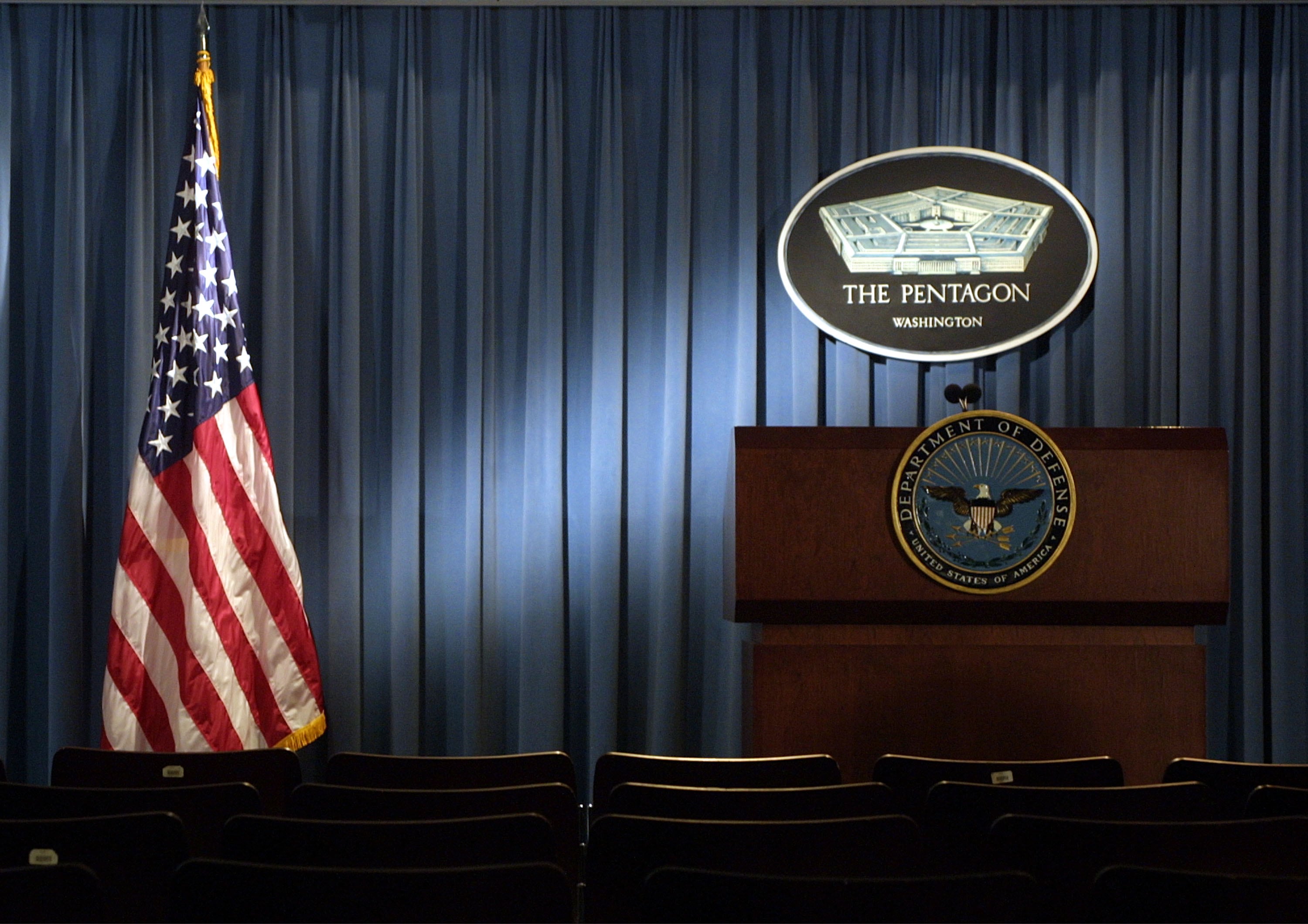WASHINGTON — The Biden administration continues to flesh out its national security team, with four new Pentagon nominees and a pair of top state nominees named Friday afternoon.
After a three month stretch with no nominations, the White House has now announced its intent to nominate 12 Pentagon officials in the last 20 days. It has also filled out other top national security jobs at both the Departments of State and Energy.
The nominees announced Friday:
Brenda “Sue” Fulton for assistant secretary of defense for manpower and reserve affairs. Part of the first West Point graduating class to include women, Fulton has a long history of fighting for LGBTQ+ rights in the military. She helped lead efforts to repeal the “Don’t Ask, Don’t Tell” policy and fought against the ban on transgender servicemembers, and in 2012 she and her wife were the first same-sex couple to wed in West Point’s Cadet Chapel.
Christopher Maier for assistant secretary of defense for special operations/low intensity conflict. Maier joined the Pentagon earlier this year as the principal deputy for the SOLIC role. The former head of the Defeat-ISIS task force, Maier previously served as deputy assistant secretary of defense for special operations and combating terrorism during the Obama administration. He was also the author of the 2011 National Strategy for Counterterrorism.
Deborah Rosenblum for assistant secretary of defense for nuclear, chemical, and biological defense. Rosenblum is currently executive vice president of the Nuclear Threat Initiative, the same non-profit that housed Jill Hruby, Biden’s choice to lead the National Nuclear Security Administration (NNSA), , an agency with the Department of Energy which oversees the development of America’s nuclear warheads. She previously served as vice president at The Cohen Group consultancy. Over the course of her career, Rosenblum has focused heavily on nuclear issues, including multiple rounds of negotiations with North Korea. She joins a group of non-proliferation experts that have been tapped by the administration for top nuclear roles.
Shawn Skelly for assistant secretary of defense for readiness. Skelly spent 20 years in the Navy, largely flying the S-3 Viking anti-submarine aircraft. A former special assistant to the under secretary of defense for acquisition, technology, and logistics, she has industry experience with both ITT Exelis and CACI International. A former commissioner on the National Commission on Military, National, and Public Service and vice-president of the Out in National Security group, Skelly became the first transgender veteran to serve as presidential appointee in 2013.
Jessica Lewis for assistant secretary of state, bureau of political-military affairs. A former National Security Advisor and Foreign Policy Advisor for Senate Majority/Minority Leader Harry Reid, Lewis is now the staff director for the Senate Foreign Relations Committee under Sen. Bob Menendez, D-N.J., for whom she worked previously. If confirmed, Lewis would have a major hand in issues around arms sales for partners and allies, overseen by Menendez in the Senate. In a statement, Menendez called Lewis “a trailblazer for women in national security, and her steady and reliable diplomatic hand has served our nation greatly in times of chaos and calm.”
Donald Lu for assistant secretary of state, bureau of south and central Asian affairs. A career member of the foreign service, Lu has served as ambassador to the Kyrgyz Republic since 2018. Over the course of his career he has had posting at India, Azerbaijan, Georgia and Pakistan. Per his bio, he reads and speaks Albanian, Russian, Azerbaijani, Georgian, West African Krio, Hindi and Urdu. If confirmed, he will have a key role in shaping U.S. policy for a portfolio that contains Afghanistan, India and Pakistan, among others.
Additionally, on Thursday, the White House announced its intent to nominate Frank Rose as the principal deputy administrator of the NNSA. Rose, currently of the Brookings Institution, served as assistant secretary of state for arms control, verification, and compliance from 2014-2017 and is a well known commentator on nuclear issues.
Aaron Mehta was deputy editor and senior Pentagon correspondent for Defense News, covering policy, strategy and acquisition at the highest levels of the Defense Department and its international partners.





